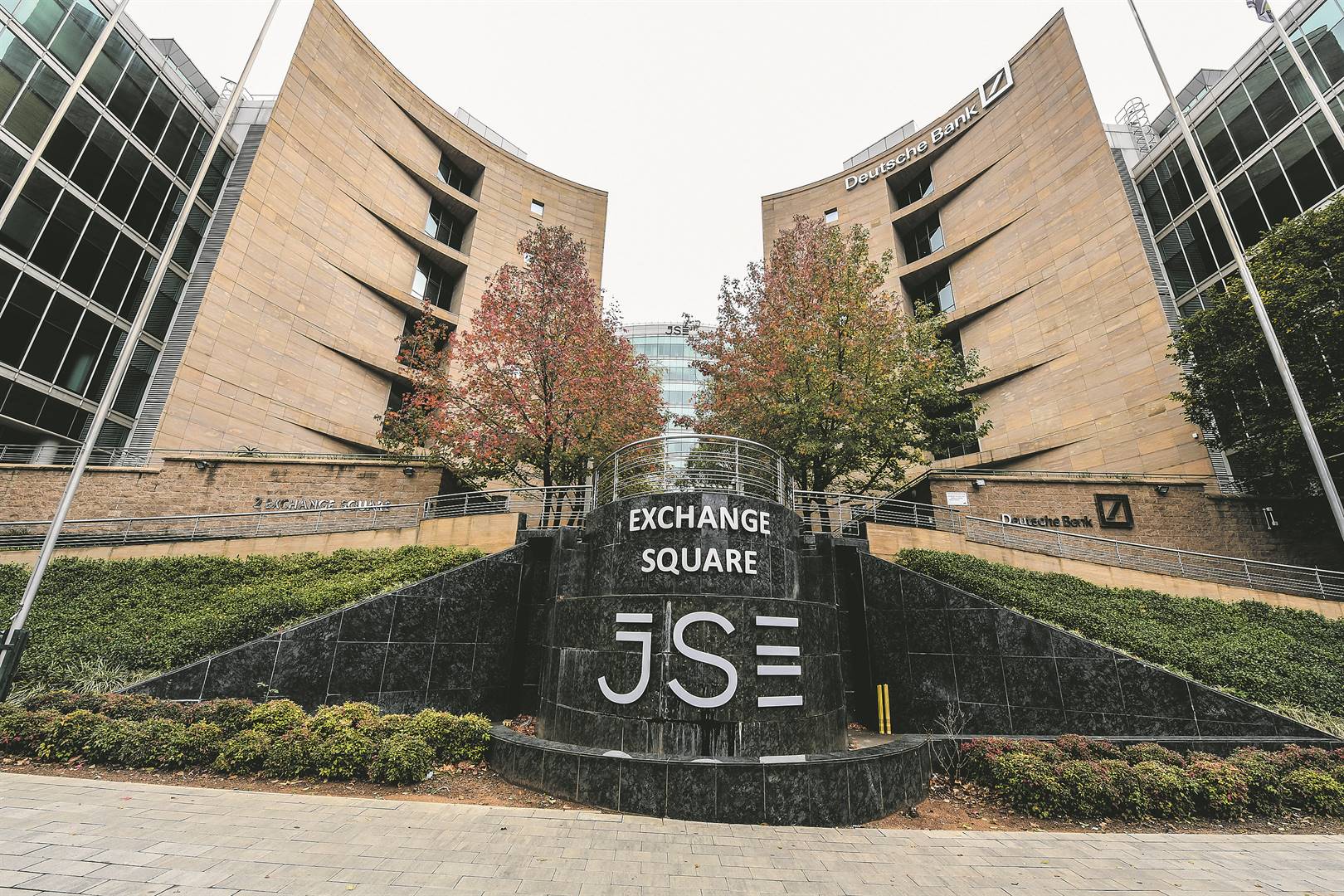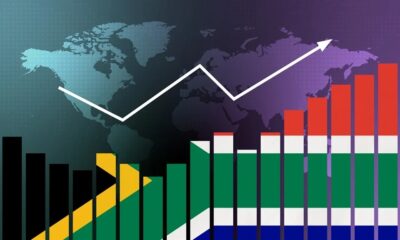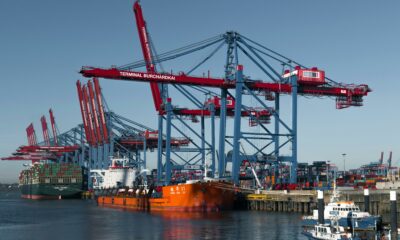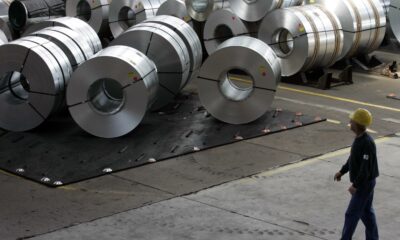Business
JSE Smashes 100,000 Mark: A Historic Moment for South Africa’s Markets

65 years in the making, the JSE reaches a symbolic high, but what does it mean for everyday South Africans?
In a landmark moment for South Africa’s financial markets, the FTSE/JSE All Share Index (ALSI) has reached the 100,000-point mark for the first time ever, a powerful symbol of long-term growth, investor trust, and the resilience of the local economy.
The milestone, reached in 2025, puts the Johannesburg Stock Exchange (JSE) firmly among the world’s best-performing stock markets, both in Dollar and Rand terms. What started in 1960 at just 100 points has now multiplied a thousandfold.
From 100 to 100,000: A Journey of Growth
For many South Africans, the JSE can feel distant, a ticker of numbers scrolling across a screen. But this achievement is more than symbolic. Over 65 years, the ALSI has delivered an average annual return of more than 11%. That’s a strong performance by global standards and an indication of how the country’s listed companies have weathered economic storms, political shifts, and global downturns.
“Reaching 100,000 points is not just a number, it’s a testament to the innovation and strength of South African businesses,” said JSE CEO Leila Fourie. “It shows that investors, both local and global, still believe in our market and in the value our companies create.”
What’s Driving the Surge?
The last few years have been anything but quiet. Following the COVID-19 crash in 2020, the ALSI bounced back strongly, riding the wave of a global commodity boom and robust corporate earnings from sectors like mining, banking, and tech.
More recently, structural reforms in South Africa, fiscal stabilisation, and a renewed commitment to governance have helped boost investor sentiment. Combined with global appetite for emerging market assets, the JSE has become an attractive destination once again.
The Index at a Glance
-
Launched in 1960 at 100 points
-
Reengineered in 2002 in partnership with FTSE to use global best practices like free-float weighting
-
Today includes 125 companies, representing R21 trillion in market capitalisation
-
Covers 99% of eligible market cap on the JSE Main Board
Despite not including every listed company, the ALSI remains the most visible and trusted benchmark of the market’s overall health.
Why It Matters
If you’re not an investor, you might wonder why this matters. But a healthy, growing stock market often reflects broader economic confidence. Pension funds, retail investors, and institutional players all benefit when the market performs. And for businesses looking to raise capital, a strong bourse is a signal that investors are ready to back growth.
Public Response: Quiet Pride, Cautious Optimism
While social media hasn’t exploded with memes about the ALSI, finance Twitter and LinkedIn lit up with nods of respect. Some traders toasted the milestone, others posted throwback charts to the 10,000-point mark of 1994, a reminder of how far we’ve come.
But many South Africans remain cautiously optimistic. “Let’s see if this growth trickles down to the rest of the economy,” one user commented, pointing to the disconnect between stock market highs and ground-level unemployment and inequality.
The JSE is using this moment not to rest, but to recommit to its mission. “We’re focused on expanding access to capital, driving market development, and staying aligned with international standards,” said Fourie.
The challenge now is making sure the benefits of this success, from market stability to investment inflows are felt across the economy, not just within boardrooms.
For now, though, it’s worth pausing to celebrate a rare good-news headline: a South African institution that has not only endured but flourished.
100,000 points and still climbing.
{Source: BusinessTech}
Follow Joburg ETC on Facebook, Twitter , TikTok and Instagram
For more News in Johannesburg, visit joburgetc.com



























